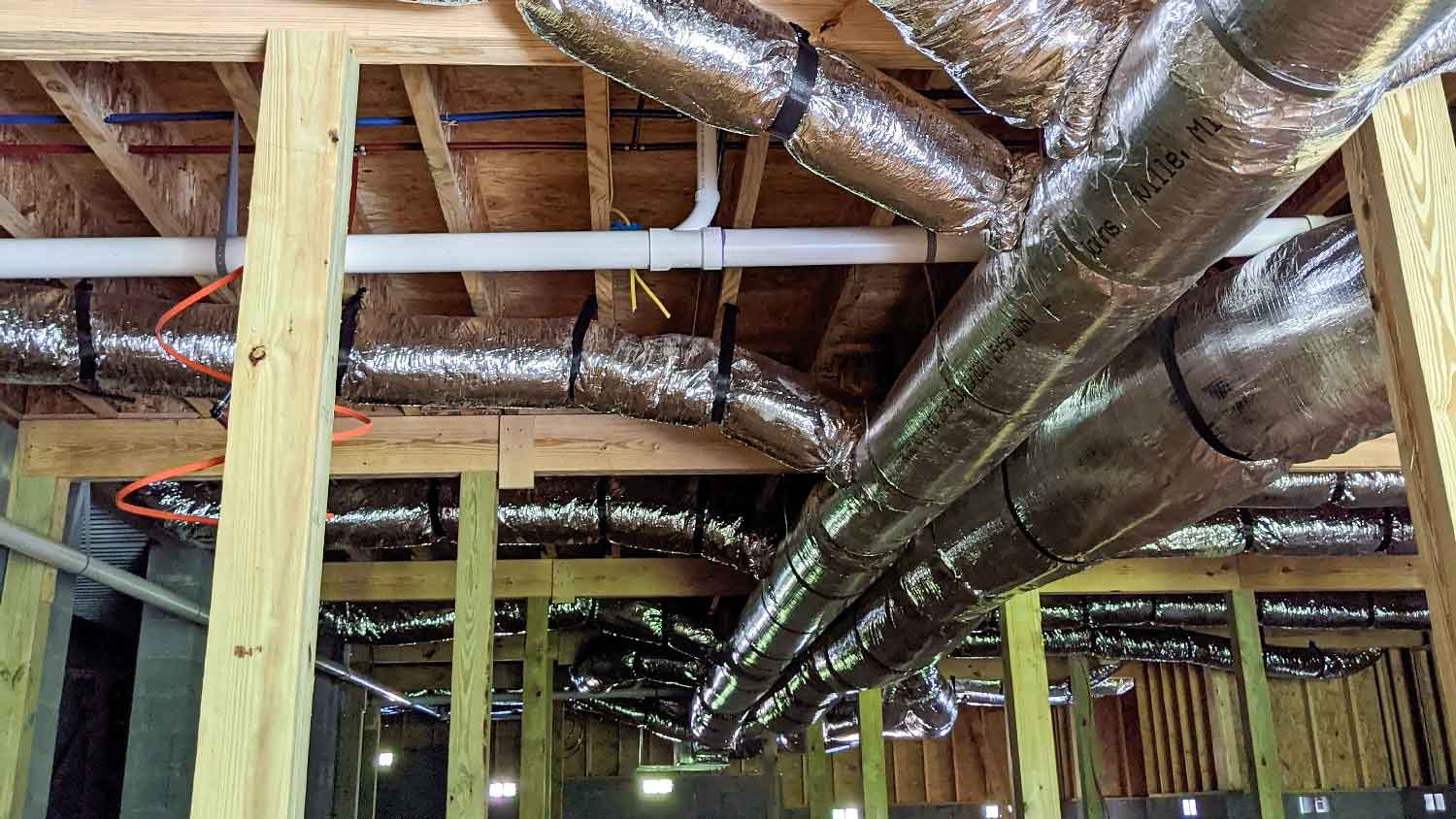
What you’ll pay in Columbus, OH, for furnace repairs depends on many factors. Here’s a breakdown of what can go wrong and the cost to fix those issues.



*The Angi rating for Furnace Repair companies in is a rating based on verified reviews from our community of homeowners who have used these pros to meet their Furnace Repair needs.
*The HomeAdvisor rating for Furnace Repair companies in is a rating based on verified reviews from our community of homeowners who have used these pros to meet their Furnace Repair needs.
Last update on
Knowing how long your existing HVAC units can last is essential to determine if you need a repair or replacement. Typically, most modern air conditioning units can last between 15 to 20 years, and most furnaces can work properly for 15 to 30 years. If your HVAC system is on the older side and you decide to replace one unit, it might make sense to replace both simultaneously to save on costs and future hassle.
While different HVAC contractors might offer higher or lower prices than competitors, the best time to replace your HVAC system is when customer demand is low. The beginning of summer and the beginning of winter bring the most demand for HVAC systems, so if you can, consider replacing your HVAC units in the early spring or fall. Many HVAC companies offer special off-season coupons that help lower the overall cost.
The average cost to hire an HVAC contractor is between $50 and $150 per hour if charging hourly. However, some HVAC contractors will charge a flat fee by the type of service they are performing—for example, an inspection can cost between $150 to $500. Keep in mind that emergency repairs—which are made after business hours or around major holidays—generally cost more than scheduled repairs.
Yes, most states require HVAC technicians to be certified, and for good reason. Hiring an unlicensed HVAC technician could lead to poor quality work, costly future expenses, and potential code violations.
As you browse our pro listings, take note of the “Angi Approved” badge. Angi Approved businesses meet our standards for certification which include:
The owner, principal, or relevant manager passed a criminal background check
Required to have applicable state and local licenses
Maintain an average star rating of 3.0 or better on our network, if they have at least one review
Paying to advertise their services
Meeting any other eligibility criteria required by Angi
Keep in mind licensing is different from certifications. A license is a legal requirement to operate a business, while certifications are voluntary.
The average cost of HVAC repairs is around $350. However, that price can be as low as $100 or as high as $2,000 or more, depending on the repair. For example, replacing a capacitor is a relatively inexpensive repair, ranging from $100 to $500. However, a compressor repair is a more expensive repair, ranging from $750 to $2,000.
From average costs to expert advice, get all the answers you need to get your job done.

What you’ll pay in Columbus, OH, for furnace repairs depends on many factors. Here’s a breakdown of what can go wrong and the cost to fix those issues.

Discover the cost to install ductwork. Learn about average prices, cost factors, and tips to save money on your ductwork installation project.

When your HVAC system is acting up, it could be the blower motor to blame. See how much blower motor replacement costs and what impacts the price here.

Figuring out how to eliminate ductwork noise may require anything from replacing the ducts to changing the filter. Learn more about fixing this issue.

Is your heat pump not blowing hot air? Several factors could be causing this issue, and we dive into seven of the most common heat pump issues.

If you’re having issues with your heating and cooling system, it’s probably time to discuss these heat pump questions with your HVAC pro.